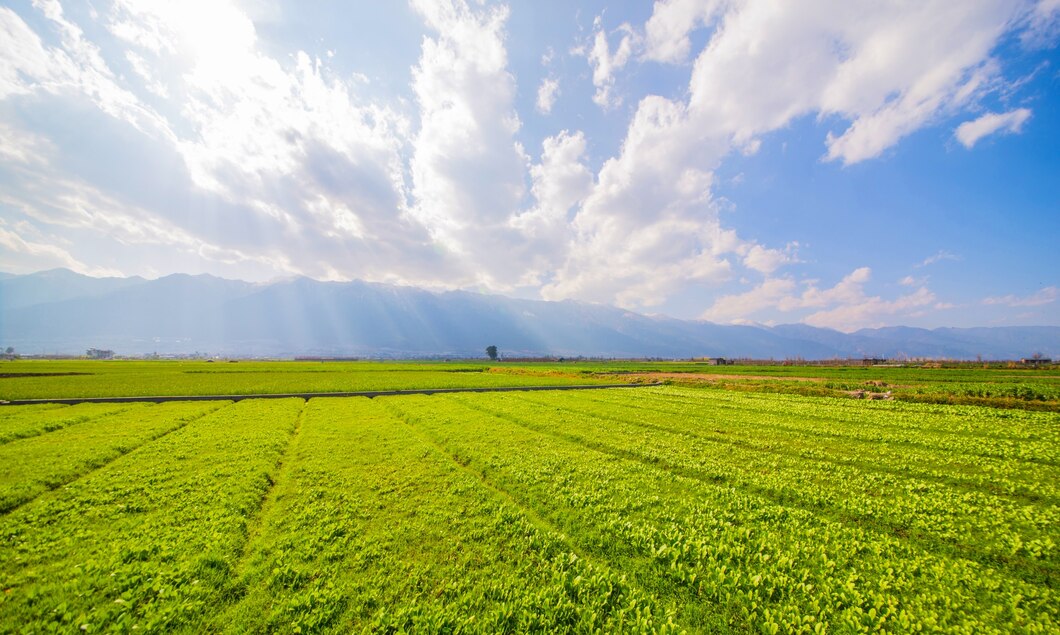Summer not only creates problems for humans but it can also create dangerous situation for agriculture as it is the toughest condition for the farmers. Today we will be checking out 5 assembly considerations for agriculture during the summer season and this article will help you to keep your agriculture business in a positive manner.
Efficient Water Management
This is one of the very important strategy as you need to manage water in an efficient manner and this will be beneficial for your agriculture business. You need to implement efficient irrigation methods including drip irrigation or sprinkler systems that will be reducing water wastage and you also need to use soil moisture sensors to monitor the water content in the soil and adjust irrigation schedules accordingly. It is also going to do apply organic or plastic mulch around plants to reduce evaporation, retain soil moisture, and regulate soil temperature.
Pest and Disease Control
The warm and humid conditions of summer will be creating an ideal environment for pests and diseases. You need to make effective strategies to manage pest and disease and this will be helping you to protect crops and ensure high yields. It is good to adopt IPM practices that combine biological, cultural, physical, and chemical methods to control pests with minimal environmental impact. You can also conduct frequent inspections of crops to detect early signs of pest infestations or disease outbreaks and plant disease-resistant crop varieties to reduce susceptibility to common summer pests and diseases.
Soil Health Management
Healthy soil is the foundation of productive agriculture and during the summer season, maintaining soil health is vital to support robust plant growth and optimize nutrient uptake. You need to cover your crops such as legumes or grasses to improve soil structure, increase organic matter, and fix nitrogen.
Composting: Apply compost to enrich the soil with nutrients and beneficial microorganisms. Also test soil to monitor nutrient levels and pH, and adjust fertilization practices accordingly.
Crop Selection and Rotation
Selecting the right crops and practicing crop rotation are essential strategies to maximize productivity and sustainability during the summer. It is good to select crop varieties that are well-adapted to high temperatures and can thrive in summer conditions and you can rotate crops to prevent soil depletion, reduce pest and disease buildup, and improve soil health.
Shade and Wind Protection
Excessive heat and strong winds can stress crops and reduce productivity. Implementing measures to provide shade and wind protection can mitigate these effects. You need to install shade nets over crops to reduce direct sunlight exposure and lower temperatures and plant trees or erect barriers to protect crops from strong winds, reducing physical damage and evaporation.
So use the strategies to protect your agriculture business and the fight against the summer season with proper plannings. Don’t forget to share this article with your friends and family as sharing is caring.
- About the Author
- Latest Posts
A passionate advocate for all natural and sustainable ideas. With a background in sustainable economics science and a deep love for nature, Sojy has dedicated his career to promoting eco-friendly practices and encouraging others to live a more sustainable lifestyle. He is an avid hiker, gardener, and cook, and loves experimenting with natural ingredients in his recipes and lifestyle routines. Sojy believes that small changes can make a big impact and is constantly seeking out new ways to reduce his carbon footprint and inspire others to do the same




